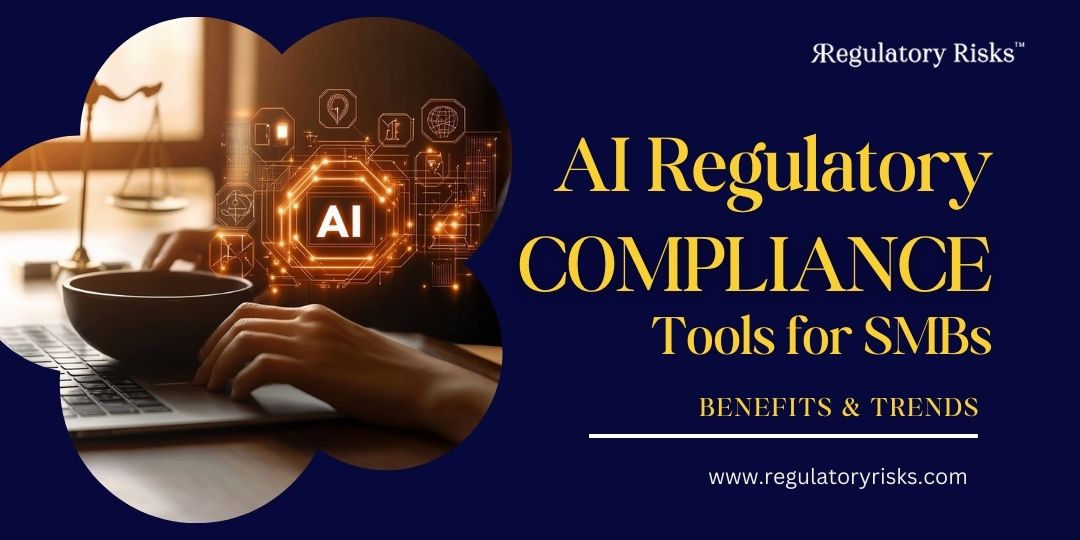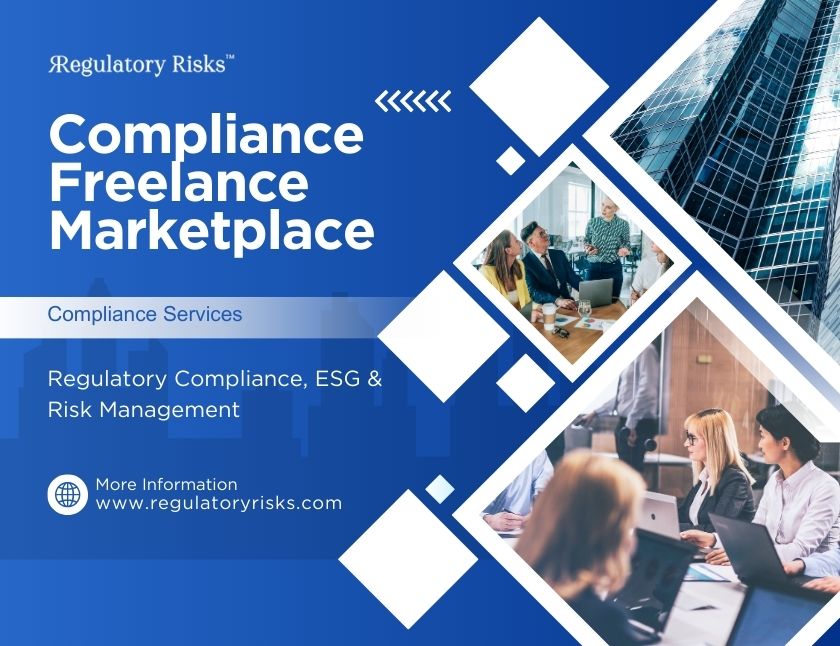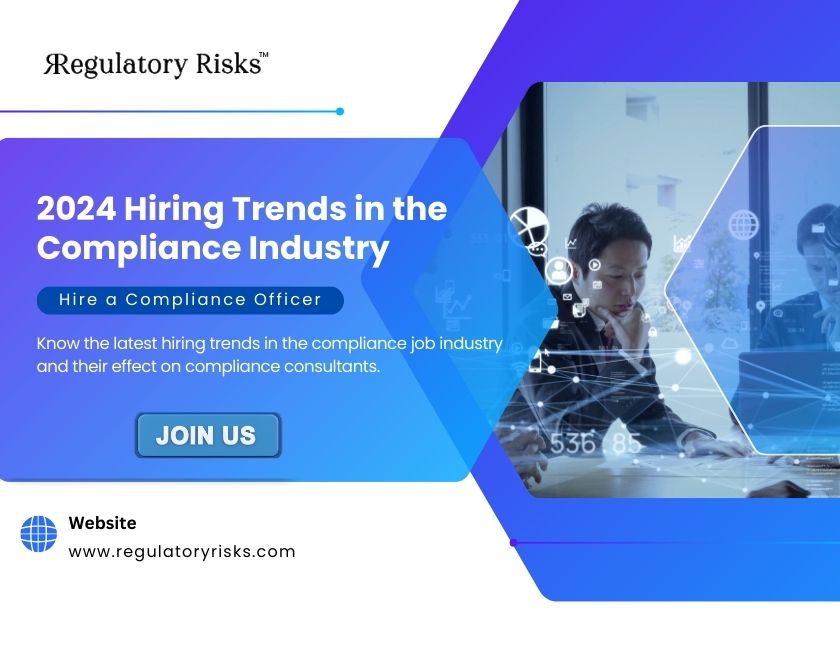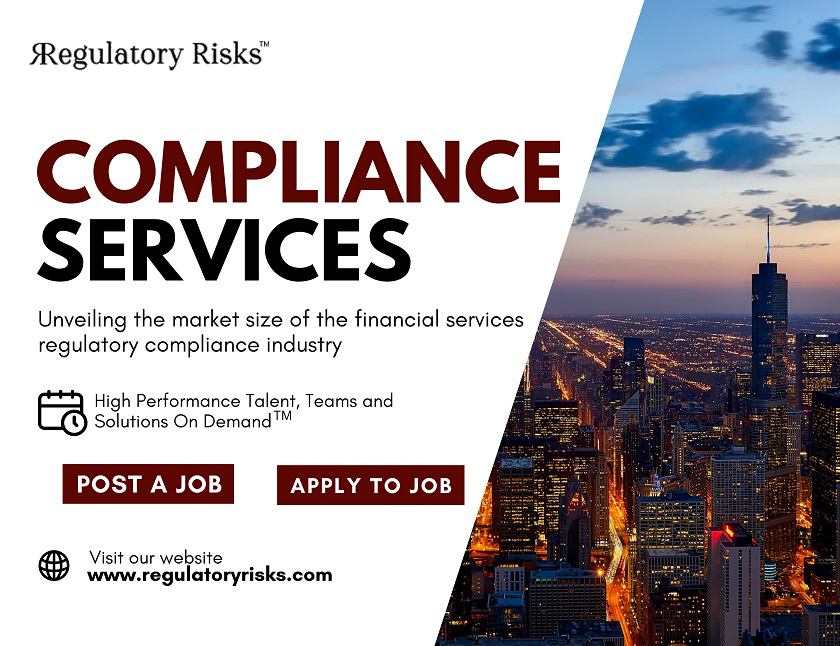In today's regulatory environment, small and medium-sized businesses (SMBs) face increasing pressure to stay compliant. Particularly in sectors like financial services, crypto, gaming, and tech, regulatory requirements are growing more complex. Consequently, non-compliance can result in severe penalties, ranging from hefty fines to reputational damage. To tackle this, AI regulatory compliance tools are now revolutionizing the way businesses manage these challenges.
This article will explore the latest advancements in AI regulatory compliance. Furthermore, it will examine the benefits of these tools for SMBs and discuss how businesses can use AI to reduce costs while mitigating risks.
The Rise of AI in Regulatory Compliance
AI regulatory compliance refers to using artificial intelligence to streamline and automate compliance tasks. As the increasing flow of data and new regulatory requirements emerge, AI has become essential in this field. Notably, many tech startups are utilizing AI to offer faster and more accurate compliance solutions than traditional methods.
Key Technological Developments in AI Regulatory Compliance
1. Automated Compliance Monitoring
Firstly, AI tools can continuously scan regulatory updates and cross-check them with a company's compliance protocols. As a result, businesses stay aligned with the latest rules, thereby reducing the risk of missing crucial updates. For example, companies like Ascent and Regology are leading the way in providing real-time compliance updates tailored to specific industries.
2. AI-Powered Risk Assessment and Analysis
Secondly, AI models sift through large amounts of data to identify potential compliance risks. This feature is especially helpful for industries like crypto and asset management, where regulations change rapidly. Platforms such as Theta Lake analyze communications and transactions, identifying patterns that could signal compliance issues.
3. Customer Due Diligence (CDD) and KYC
Moreover, Know Your Customer (KYC) and Customer Due Diligence (CDD) processes are critical for financial and crypto businesses. AI-powered tools like ComplyAdvantage and Onfido speed up these processes by automating identity verification and ongoing monitoring.
4. Natural Language Processing (NLP) for Policy Review
In addition, Natural Language Processing (NLP) helps companies review their compliance policies more effectively. This ensures that policies are updated and meet current regulatory standards. Platforms like Rasa and Open AI's models are designed to help businesses refine compliance documents efficiently.
5. Predictive Analytics and Compliance Forecasting
Finally, AI tools offer predictive capabilities that help businesses anticipate regulatory changes. Predictive analytics use historical data along with current trends to forecast future regulations. As a result, companies can stay ahead of the curve.
Benefits of AI Regulatory Compliance for SMBs
Clearly, AI in regulatory compliance offers more than automation. For SMBs, it improves efficiency, reduces costs, and enhances accuracy. Below are the key benefits:
1. Cost Reduction and Efficiency
To begin with, AI compliance tools reduce the time spent on manual compliance tasks. By automating processes like monitoring and reporting, companies can save significant amounts of time. In fact, a recent study found that companies using AI compliance tools saw a 60% reduction in compliance costs.
2. Improved Accuracy and Fewer Errors
Furthermore, human error is common in manual compliance checks, which can lead to fines and other issues. AI tools offer superior accuracy in analyzing data and identifying potential compliance risks. Thus, they minimize false positives and ensure real issues are addressed promptly.
3. Scalability for Growing Businesses
Additionally, as businesses grow, their compliance needs become more complex. Fortunately, AI tools offer scalable solutions, allowing companies to adapt without needing more resources. This flexibility is especially useful when expanding into new markets.
4. Real-Time Compliance Insights
Moreover, AI compliance tools provide real-time insights through dashboards. These insights offer a clear overview of the company's compliance status, highlighting potential risks. Consequently, companies can address issues before they escalate into violations.
5. Enhanced Decision-Making
Finally, AI provides data-driven insights that enhance decision-making. Compliance officers can make informed choices based on real-time data, ensuring that both regulatory and business goals are met.
Customer Feedback on AI Compliance Tools
Many businesses have shared their experiences with AI compliance tools, emphasizing the transformative effect. Below are some key takeaways from user feedback:
Ease of Use: SMBs appreciate the user-friendly interface of AI tools, which integrate seamlessly with existing systems.
Increased Confidence: Users report greater confidence in meeting regulatory requirements, thanks to real-time monitoring and updates.
Scalable Solutions: Businesses also praise the scalability of AI tools, especially when expanding their operations.
Cost-Benefit Analysis of AI Regulatory Compliance
Before investing in AI regulatory compliance tools, SMBs need to evaluate the costs and benefits. For many, the return on investment is clear. Below is a breakdown of both:
Costs:
Initial Setup: While setting up AI compliance tools can be expensive, many vendors offer flexible pricing models, including subscriptions that suit SMBs.
Training: Staff may need training to adopt these tools. However, many platforms are user-friendly, and training resources are often available.
Ongoing Maintenance: Although AI tools require regular updates, these costs are usually lower than maintaining a full in-house compliance team.
Benefits:
Significant Cost Savings: Automating compliance checks reduces labor costs and streamlines audits.
Reduced Risk of Fines: AI tools significantly reduce the likelihood of regulatory breaches, which helps businesses avoid costly fines.
Competitive Edge: Companies that use AI can respond to regulatory changes faster than their competitors. This agility is crucial in fast-moving industries like crypto.
The Role of Compliance Experts and Freelance Marketplaces
While AI tools offer immense value, regulatory compliance experts are still essential. In particular, freelance marketplaces have become a key resource for businesses, providing access to experts without long-term hiring commitments.
Access to Expertise: Hiring freelance experts through platforms allows SMBs to tap into specialized skills. As a result, these professionals provide tailored consulting services.
Cost-Effective Solutions: Engaging freelance consultants is often more affordable than maintaining a full in-house team. This is particularly helpful for businesses with fluctuating compliance needs.
Scalable Support: Freelance experts also offer flexible support that grows with the business, ensuring compliance efforts stay on track as companies expand.
Conclusion
In conclusion, AI is revolutionizing the world of regulatory compliance for SMBs. With automated, accurate, and cost-effective solutions, businesses can reduce risks and improve efficiency. By integrating AI with expert consulting services, SMBs can confidently navigate the complex regulatory landscape.
For companies looking to stay compliant, AI tools offer a clear path forward. Whether it's automated risk assessments or scalable consulting services, the potential for improved compliance has never been greater. As regulations continue to evolve, SMBs that embrace AI will find themselves better prepared for the challenges ahead.




